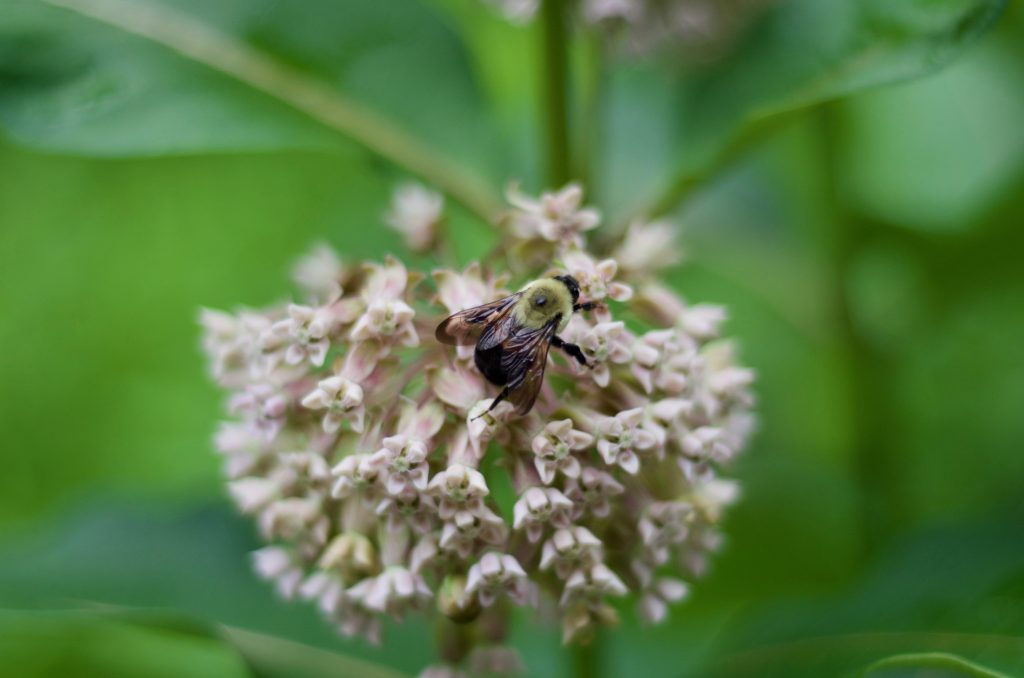In light of the coronavirus pandemic, Earth Day events, hosted by Binghamton University’s Science Library, were moved online to ensure the continuation of educating students on sustainability and the environment.
In celebration of Earth Day’s 50th anniversary, Aleshia Huber, engineering librarian at BU Libraries, organized the event “50 Years of Earth Day: Exploring the Evolution of Sustainability Education since 1970.” Around 50 people attended the panel, which took place virtually via Zoom on April 22.
“I hope that the audience will take away how Earth Day has influenced sustainability education over the years and how it has evolved to help teach students to become more environmentally conscious and active in the field,” Huber wrote in an email.
Originally, the Science Library planned to host three events: a panel, a virtual reality (VR) open house showcasing the library’s VR apps focused on sustainability and a Special Collections exhibition featuring University archives on the Nature Preserve. However, the pandemic forced the cancellation of the open house and exhibition, but the panel was able to be moved online. Despite the limitations, Huber expressed optimism about the online forum and used Listservs to advertise the event.
“A benefit of the virtual panel, though, is that we are able to open it up for people outside the University to attend as well,” Huber said. “We shared it via library and sustainability Listservs.”
As the conversation ensued, panelists Miranda Kearney, a lecturer of biology, Elias Miller, a second-year Ph.D. student studying biology, Julian Shepherd, an associate professor of biology and Dylan Horvath, steward of natural areas, discussed the interdisciplinary nature of sustainability studies, which encompasses disciplines as diverse as engineering and political science. Kearney said she encourages interdisciplinary thinking while teaching about the environment in her introductory classes in order to capture students’ individual interests.
“A lot of my students want to become doctors or nurses,” Kearney said. “So, we get talking about environmental health and how that ties to human health. People who live in areas where [there is] higher environmental pollution have higher rates of asthma and are being more impacted by the coronavirus, for example.”
Additionally, panelists stressed the importance of applying sustainability education beyond the classroom. Miller outlined the benefits of a more integrative approach to learning, such as Kearney’s evidence-based approaches to teaching.
“Often, higher education expects students to strictly prioritize purely intellectual pursuits as opposed to thinking about how what they’re learning impacts other people and the world,” Miller said. “I think that students need to have the ability to contextualize what they’re learning. What’s important is being able to teach students how they can use those facts and use research process skills in a job outside of academia and how they can better the world.”
Shepherd discussed the emerging prominence of community-based learning and detailed how he has incorporated the trend within his own classroom, specifically in his entomology course, in a partnership with Volunteers Improving Neighborhood Environments (VINES), a community garden in Binghamton’s West Side.
“I took my bug class [Biology 475: Entomology], as I call it, down to the urban garden last fall, and we did some bug surveys for the VINES group,” Shepherd said. “They want to monitor insect and bird populations down there.”
Toward the end of the conversation, the panelists discussed how the concept of sustainability relates to the current COVID-19 pandemic. Horvath said the ongoing pandemic exposes flaws in the American economy.
“We need to learn from what’s happening,” Horvath said. “It shows that our economy is not sustainable for the environment.”
Additionally, Kearney said the crisis should serve as a call to action for the creation of more sustainable systems.
“I think the crisis gives us an opportunity to rebuild with sustainability as the model,” Kearney said. “What if we could take this opportunity to restructure our economy, restructure our energy sector, in a way that is beneficial for all?”



